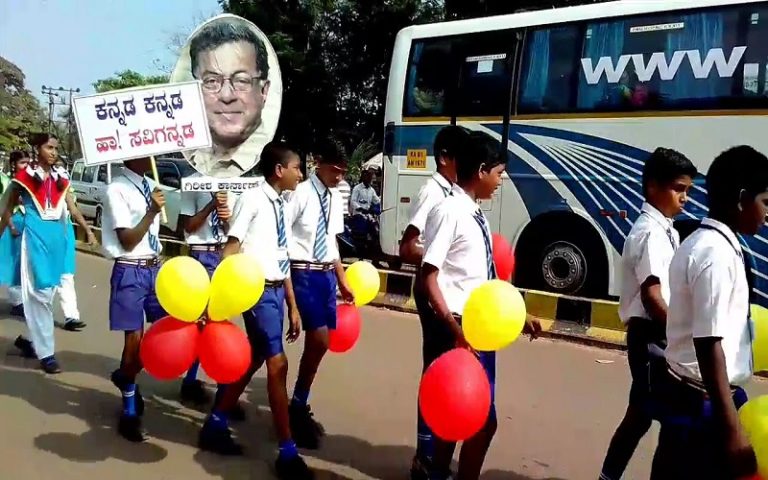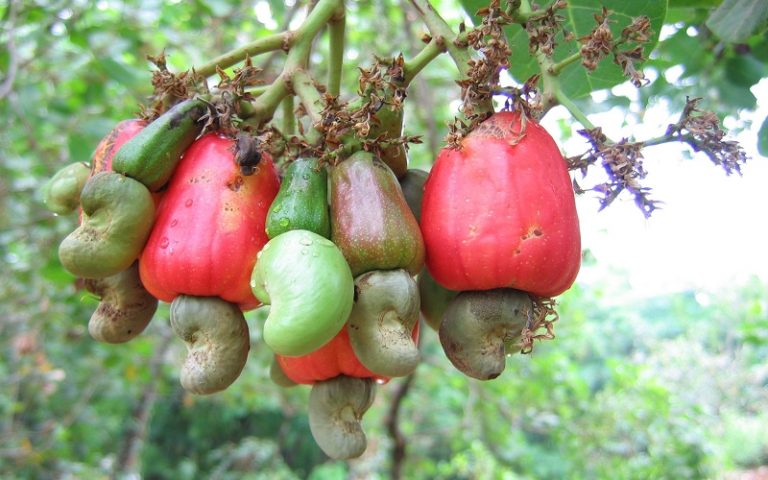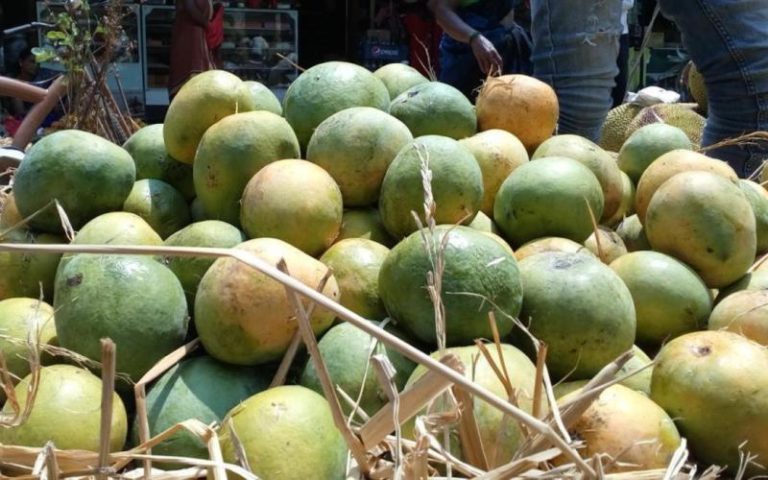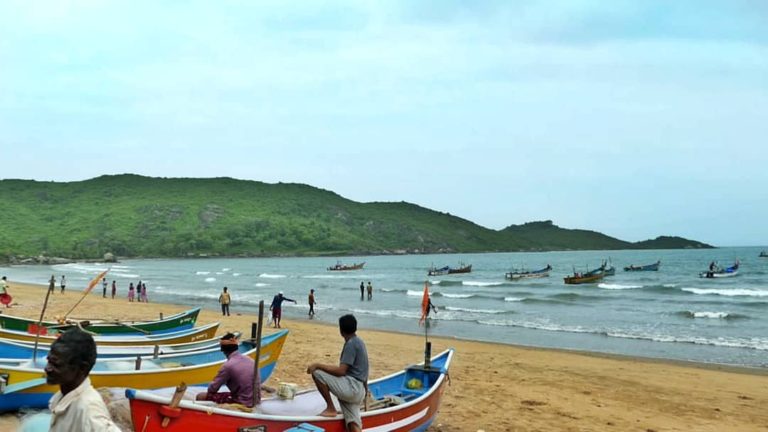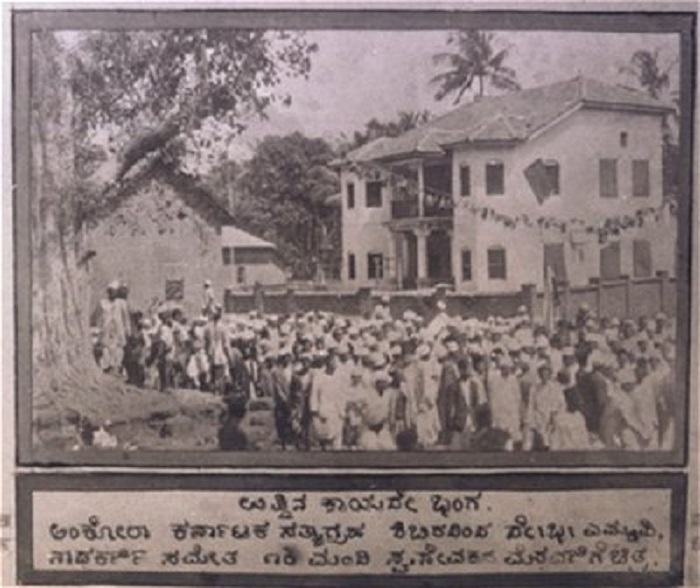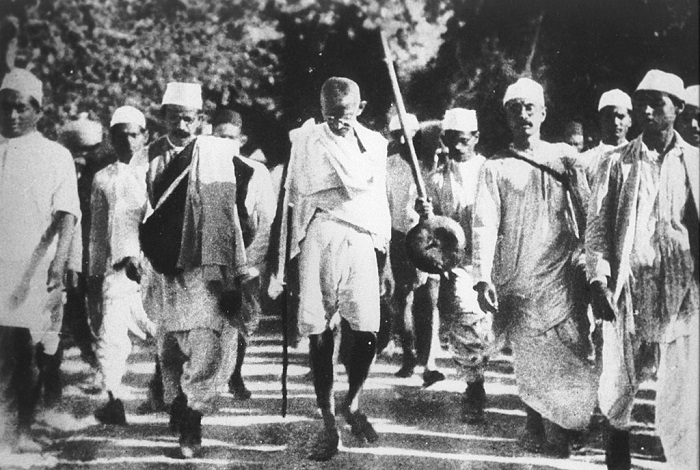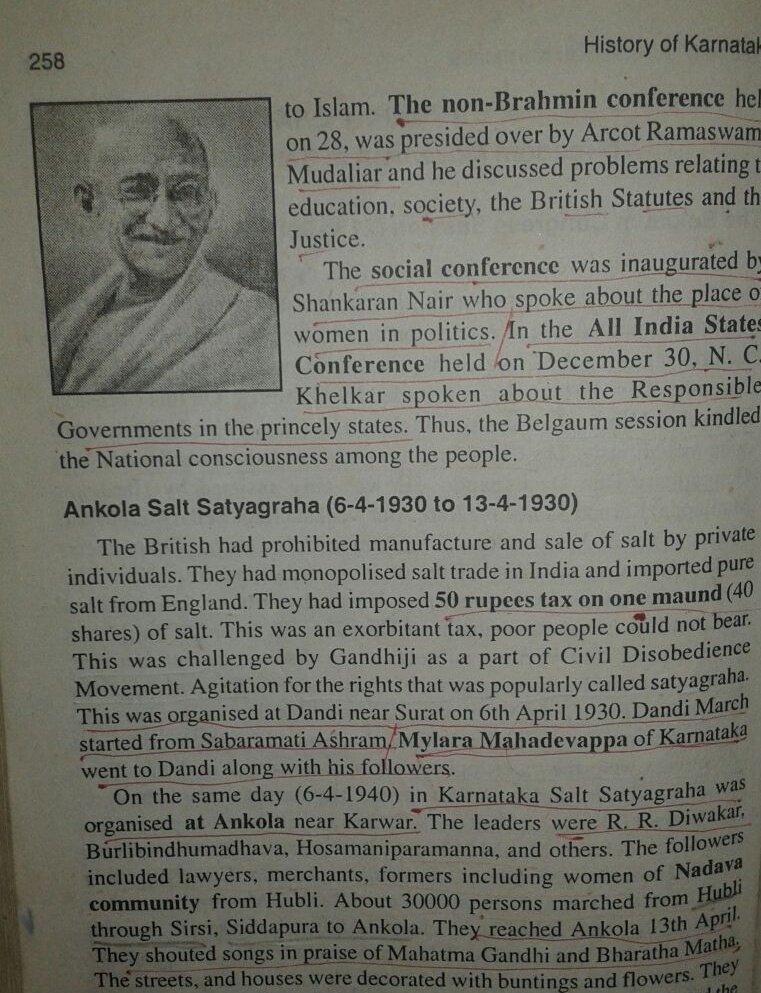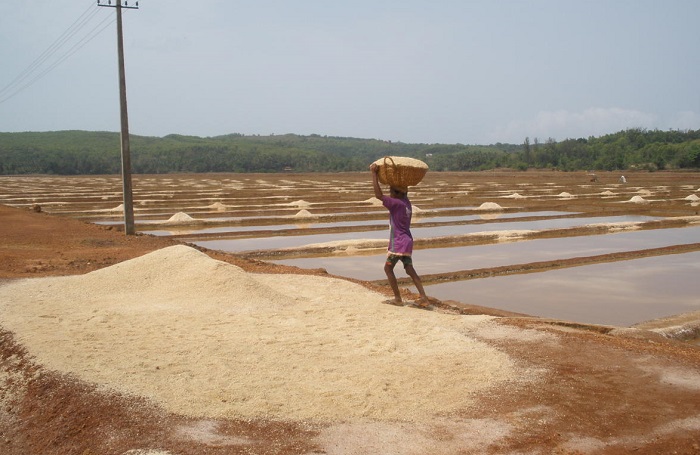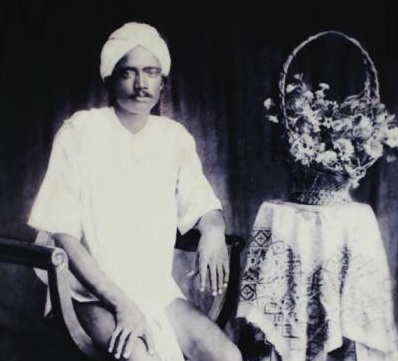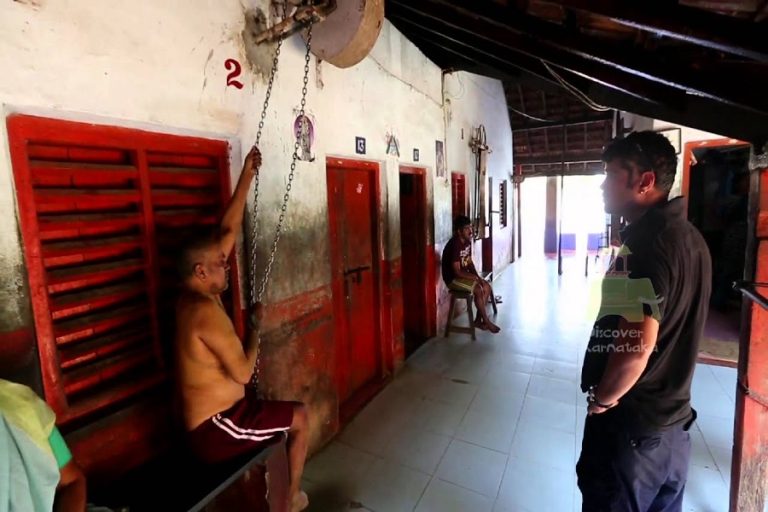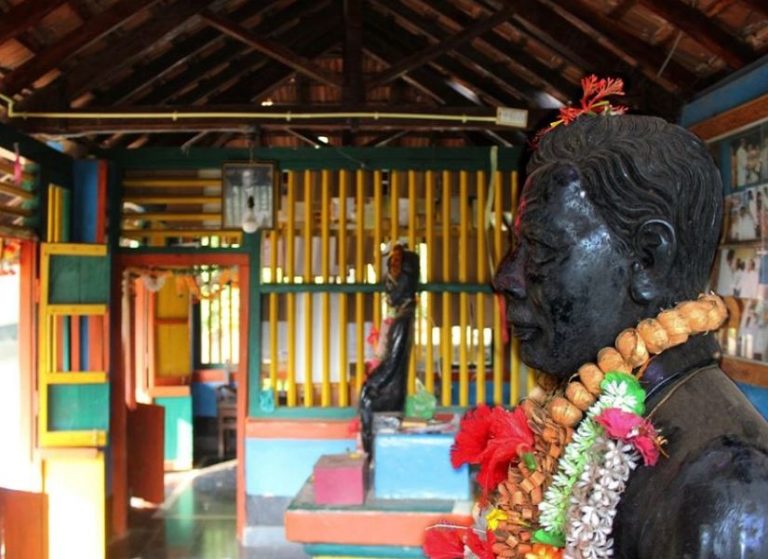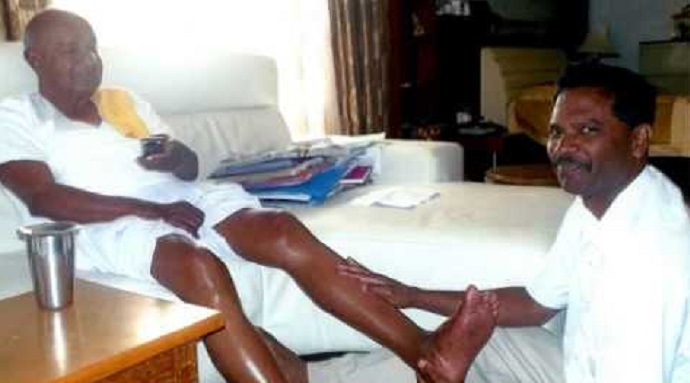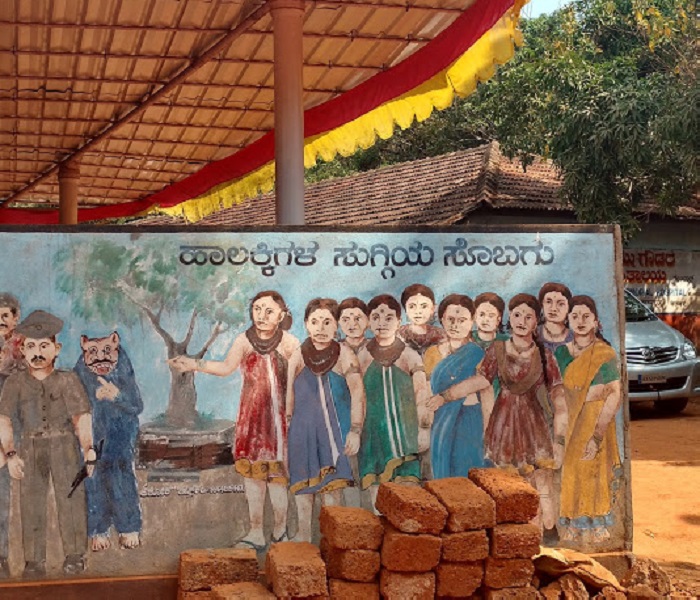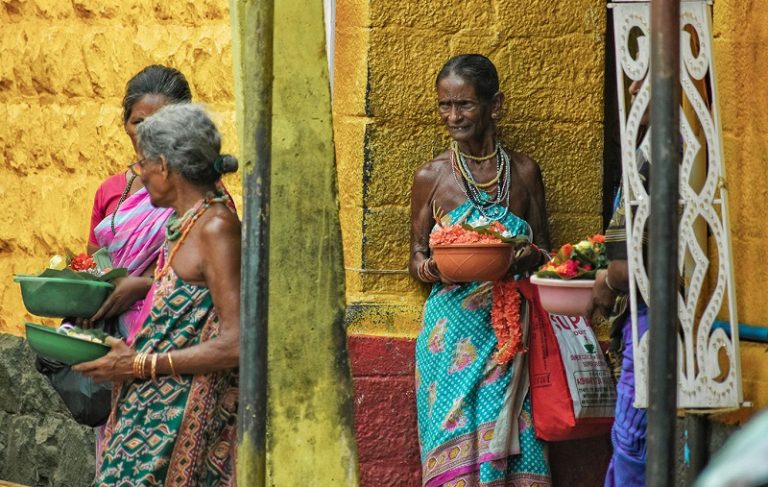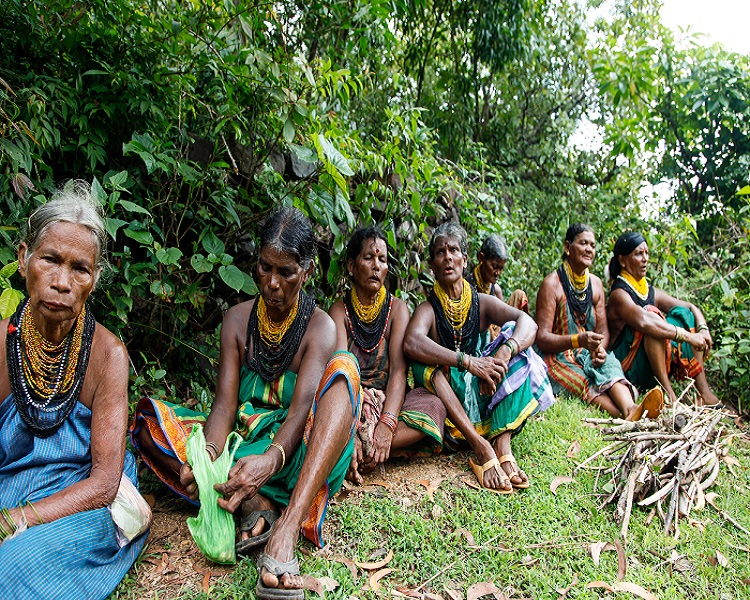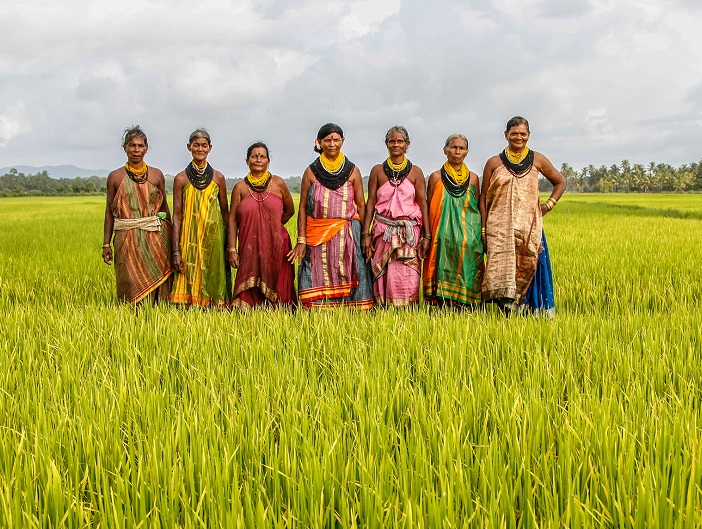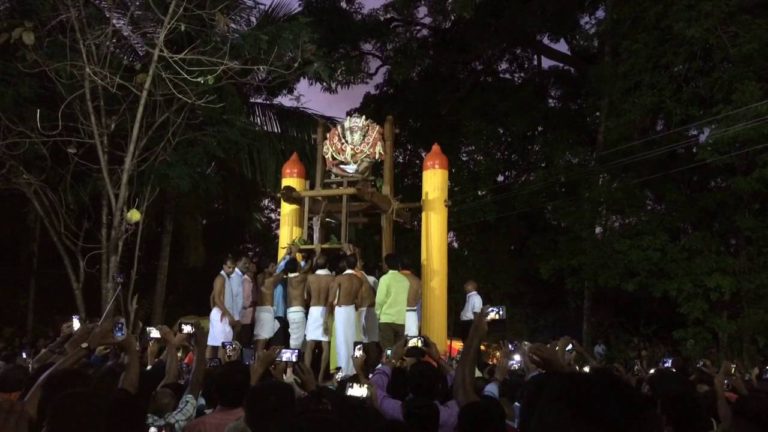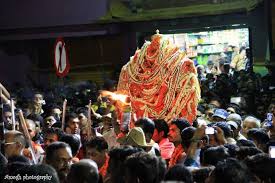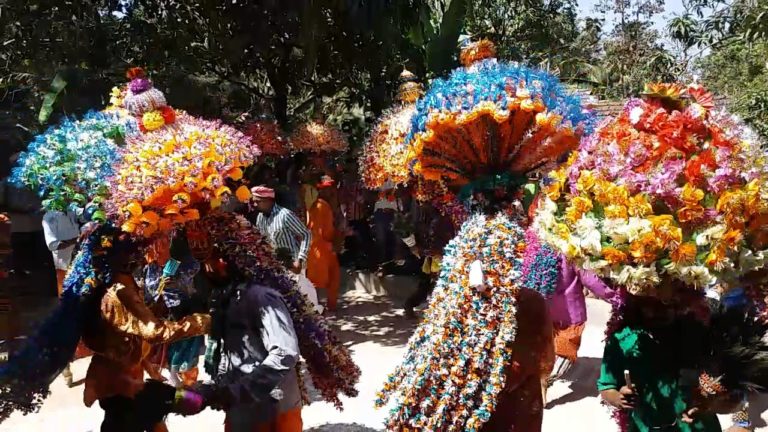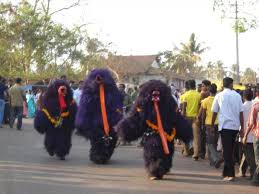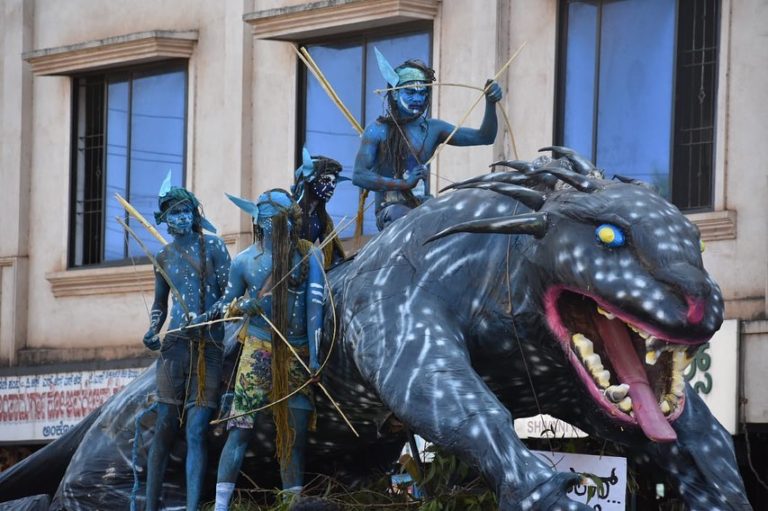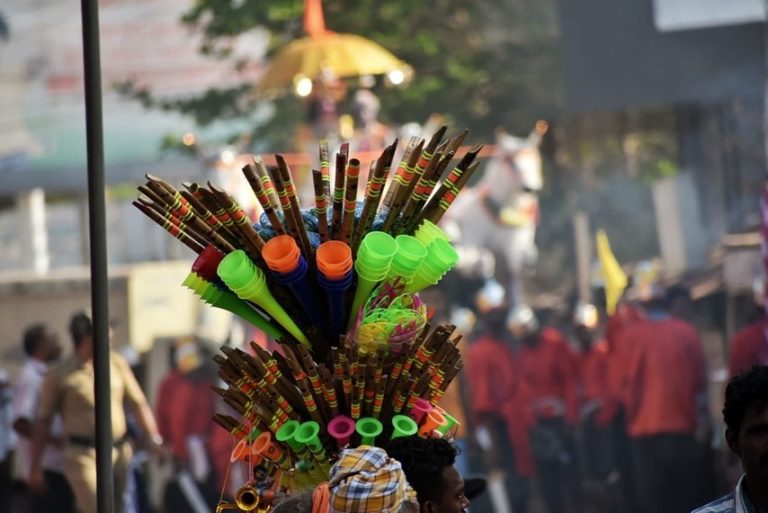about place
Ankola is perhaps one of the unexplored destinations in Uttara Kannada district, with the Arabian sea kissing the coast and Gangavali river flowing nearby. Ankola (ಅಂಕೋಲಾ) is west coastal town located on NH-66 between Karwar and Gokarna. The NH-66 (earlier known as NH-17) which connects Mumbai to Kanyakumari. The name of the place is derived from a forest shrub Ankola grown on the coastal hill side and worshiped by the Halakki Vokkaligas as a totem. The twon is surrounded by temples, schools, paddy fields and mango groves.
Ankola is famous for its native breed of Mango called kari Ishaad (ಕರಿ ಇಷಾಡ) as wells as its bountiful cashews and Khaji (ಖಾಜಿ). A sweet made with Jaggery.
Ankola’s population includes diverse communities including Nadavaru, Komarpant, Namadhari Naiks, Halakki Vokkaligas, Havyaka Brahmins, Goud Saraswat Brahmins, Gudigars, Kunabis, Konkan Marathas, Madvals, Gomantak Maratha Samaj, Kannada Vaishyas, Siddis, Marathas, Bunts, Padtis, Kharvis, Gabits (Fishermen), Muslims and Christians.
The main language spoken in Ankola Town is Kannada and Konkani. Kannada is the predominant language in Ankola Town.
Ankola is famous for its native breed of Mango called kari Ishaad (ಕರಿ ಇಷಾಡ) as wells as its bountiful cashews. Ankola is famous for the sea fish especially Isvan as locally called or Surma.
Ankola is also known as the Bardoli of Karnataka (ಕರ್ನಾಟಕದ ಬಾರ್ಡೋಲಿ), for the role it played in the freedom movement Salt March (ಉಪ್ಪಿನ ಸತ್ಯಾಗ್ರಹ). When Gandhiji decided to raid the salt depot at Dharsana, a similar raid was undertaken in Karnataka at Sanikatte, around 15 kms from Ankola.
Four taluks in Karnataka namely Hirekerur in Dharwad district and Ankola, Sirsi and Siddapura in North Kanara district were selected for organizing the no-tax campaign.
Nadavaru (ನಾಡವರ) participated in Mohandas K. Gandhi’s Ahimsa (non-violence)(ಅಹಿಂಸಾ) revolt. Many villages such as Soorve, Shetageri were participated in the freedom struggle in huge numbers and in November 1942 A.D, the entire Nadavar community, including many women, participated in the Quit India Movement (non-violence freedom movement) headed by Mahatma Gandhi. Some people even now get pension on the basis of their participation in freedom struggle.
The place Belambar (ಬೆಳಂಬಾರ) is famous for the treatment of paralysis (ಬೆಳಂಬಾರ ತೈಲ). The people across the state and state visit this place for the paralytic treatment. Vaidya Late Shivu Bommu Gouda Memorial Hospital been built and his son treats the patient. The people from national and international got visited for the paralytic treatment.
Mahatma Gandhi was treated for paralysis. Even today the place is on record.
For more information click here
The Halakki Vokkaliga found predominantly in in Ankola and Gokarna. Halakki Vokkaligas living in the foot of Western Ghats are known as the “Aboriginals of Uttara Kannada”. Their way of living is still ancient. The women adorn themselves with beads and necklaces, heavy nose rings and distinctive attire. Halakki speak a different dialect of Kannada called as Halakki Kannada.
The two personalities of this tribe who won India’s highest civilian honours, Padmashree Award Sukri Bomma Gowda (ಸುಕ್ರಿ ಬೊಮ್ಮು ಗೌಡ) and Tulsi Gowda (ತುಳಸೀ ಗೌಡ).
There are two big festivals celebrated every year.
The one is called Bandihabba (ಬಂಡಿ ಹಬ್ಬ) celebrated on the occasion of Buddha Poornima in the month of May in the premises of Shri Shantadurga Temple which attracts people near by towns and villages.
The other one is the most popular festival is Karhik (ಕಾರ್ತಿಕ ಹಬ್ಬ) celebrated in the month of November when five temple deities will be out of Ankola town on Palakki for a night stay at forest (ಬನ) and will return next morning. The entire town celebrates this town with fireworks.
The Karadi Vesha (ಕರಡಿ ವೇಷ) on the eve on Holi Festival is other main attraction. The Suggi dancers wear traditional dresses and headgears. The dance has historical background as it was used to create awareness among the masses against the British rule during the Independence movement.
Suggi kunitha a local seasonal folk dance, has begun in the coastal taluks of Uttara Kannada district. The troupes of the Suggi dancers move from one village to another during the paddy harvest season till the festival of “Holi” to perform the dance as a gratitude to the God for the successful harvest.
